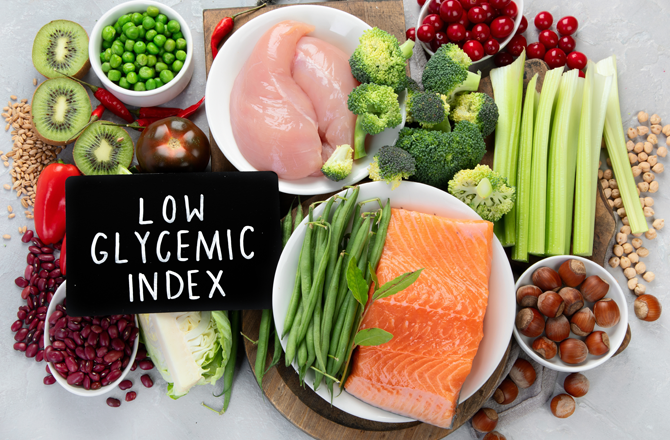Specialist diets, such as; Ketogenic, Dairy free and Low Glycaemic index (GI) diets, can offer significant benefits for children with neurological conditions.
Ketogenic diet
Approximately 600,000 people in the UK suffer from epilepsy. The prevalence of epilepsy in the UK is approximately 9.7 per 1,000. Although epilepsy is largely treatable with anti-seizure medications, about 30% of patients suffer from drug-resistant epilepsy. Complications due to drug resistant epilepsy result in frequent hospital admissions and often involve transfers to intensive care units.

The Ketogenic Diet (KD) has been used in the management of epilepsy since the 1930s. The ketogenic diet is a high-fat, low-carbohydrate diet. When carbohydrate intake is lowered, the body uses fat as its primary fuel source. Fats are converted into free fatty acids and ketone bodies, which help fuel the skeletal muscles and brain.
Our KD therapy service is offered as an inpatient or outpatient treatment.
Once your child is referred to our service, we will liaise with you to ensure we know their needs and your expectations, as we want to guarantee the best possible patient centred experience.
We will discuss the different options of KD. The treatment plan will be tailored to your child’s age and dietary needs.
Useful website
Ketogenic diet therapy service – https://www.hcahealthcare.co.uk/our-services/treatments/ketogenic-diet-therapy-service
Dairy free diet
A dairy-free diet may help reduce inflammation, allergic reactions, or sensitivities that can worsen symptoms such as irritability, poor concentration, or digestive issues.
A dairy free diet should be supervised by a dietitian in order to protect bone health.

When a food group is excluded there are a number if micronutrients also removed from the diet. These are essential at cellular level to maintain health. Alternative sources and / or supplements will be recommended depending on habitual intake to optimise health and growth.
Excluding a food group can also remove key micronutrients essential for cellular health. Suitable alternative sources or supplements will be advised, based on habitual intake, to support optimal health and growth.
Low Glycaemic Index diet
A low Glycaemic Index (GI) diet is the manipulation of carbohydrates (starchy foods) in the diet.

A low GI diet helps stabilise blood sugar levels, promoting more consistent energy and mood regulation, which can support cognitive function and behaviour. By minimising dietary triggers and improving overall metabolic balance, these tailored nutritional approaches can enhance wellbeing and may complement medical and therapeutic interventions for children with neurological challenges.
Carbohydrates are digested at different rates and this has an effect on your blood glucose (blood sugar) levels. The Glycaemic Index (GI) is a ranking from 1-100 and relates to how quickly these foods make your blood glucose levels rise after eating them. The higher the number the quicker they are absorbed which results in sharper blood sugar rises (high GI). The low GI foods are digested more slowly and will result in a slower blood glucose rise.
The low GI diet will not be a restriction of carbohydrates unless a clinical assessment indicates the need to do so. A healthy balanced diet should provide 50-60% total energy from carbohydrates. This diet will focus on healthy carbohydrates that have a glycaemic index <50 while still meeting the recommended 50-60% energy provision.

